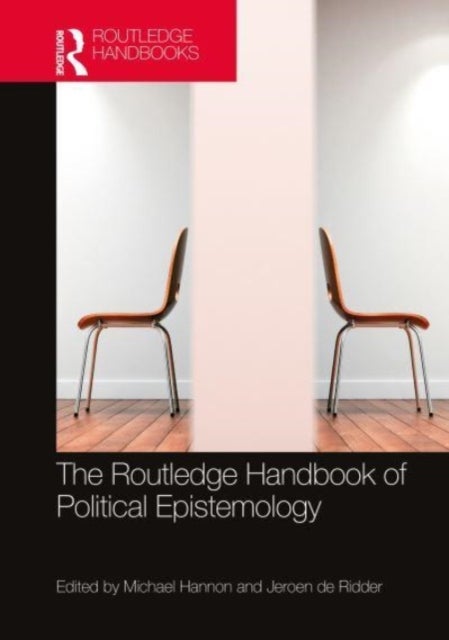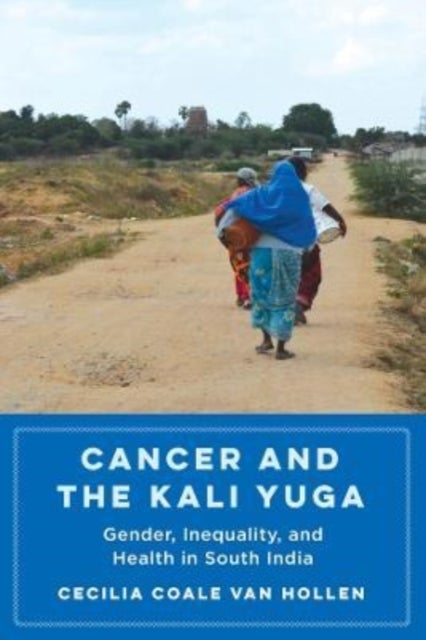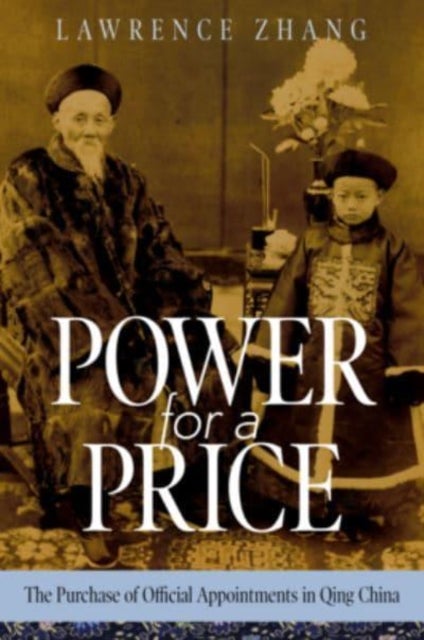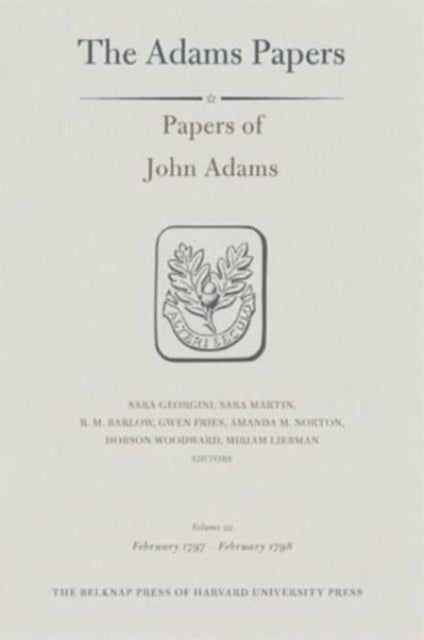
The Routledge Handbook of Political Epistemology
589,-
<P>As political discourse had been saturated with the ideas of "post-truth", "fake news", "epistemic bubbles", and "truth decay", it was no surprise that in 2017 <I>The New Scientist</I> declared: "Philosophers of knowledge, your time has come." Political epistemology has old roots, but is now one of the most rapidly growing and important areas of philosophy.</P><P></P><I><P>The Routledge Handbook of Political Epistemology</I> is an outstanding reference source to this exciting field, and the first collection of its kind. Comprising 41 chapters by an international team of contributors, it is divided into seven parts:</P><P></P><UL><P><LI>Politics and truth: historical and contemporary perspectives</LI><LI>Political disagreement and polarization</LI><LI>Fake news, propaganda, and misinformation</LI><LI>Ignorance and irrationality in politics</LI><LI>Epistemic virtues and vices in politics</LI><LI>Democracy and epistemology</LI><LI>Trust, expertise, and doubt.</LI><P></P></UL><P></P








